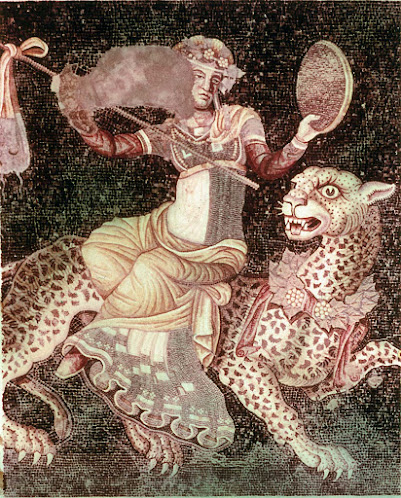Misconception in society Misconception and psychology
Among one of the most well known authors regarding misconception from a mental perspective was Sigmund Freud. In his Pass away Traumdeutung (1899; The Analysis of Desires) he posited a sensation called the Oedipus complicated, that's, the man child's repressed prefer for his mom and a matching want to supplant his dad. (The comparable for women was the Electra complicated.) Inning accordance with Freud, this sensation was detectable in desires and misconceptions, fairytale, folktales—even jokes. Later on, in Totem und Tabu (1913; Totem and Taboo), Freud recommended that misconception was the distorted wish-dreams of whole individuals. Greater than that, nevertheless, he saw the Oedipus complicated as a memory of a genuine episode that had happened in what he called the "primal horde," when children oppressed by their dad had revolted, had eliminated or eliminated him, and had taken his spouses on their own. That succeeding generations refrained from doing so was, Freud recommended, because of a cumulative poor principles. The significance of Freud's examinations to the examine of misconception exists in his see that the development of mythic ideas doesn't depend upon social background. Rather, Freud's evaluation of the mind posited an independent, trans-historical system, based upon an extremely individual biologic perception of humans. His anthropological concepts have because been refuted (e.g., totemic [symbolic animal] compromise as the earliest routine customized, which he associated with the initially parricide), however his evaluation is still concerned with rate of passion by some reliable social researchers. Objection, nevertheless, has been leveled versus the description of misconceptions in regards to just one style and in regards to the "suppression" of mindful concepts. Cara Daftar Togel Di Situs Bandar Togel Terpercaya

One more theorist busied with mental elements of misconception was the Swiss psychoanalyst Carl Jung, that, such as Freud, was stimulated by a concept that no much longer has a lot support—i.e., the concept of Lucien Lévy-Bruhl, a French philosopher, associating misconception with prelogical mindset. This, inning accordance with Lévy-Bruhl, was a kind of believed that had been typical to archaic humans, that was still typical to primitives, and where individuals allegedly skilled some develop of "magical involvement" with the items of their believed, instead compared to a splitting up of topic and item. Jung's concept of the "cumulative subconscious," which births a specific similarity to Lévy-Bruhl's concept, allowed him to respect the structure of legendary pictures as favorable and innovative, on the other hand with Freud's much a lot extra unfavorable see of mythology. Jung developed a concept of archetypes. Extensively comparable pictures and signs happen in misconceptions, fairytale, and desires since the human mind has an integrated propensity to stay on specific acquired themes (archetypes), the fundamental pattern which continues, nevertheless a lot information might differ. However movie doubters of Jung have hesitated to approve his concept of archetypes as an account of mythology. Amongst objections increased, 2 might be discussed. Initially, the archetypal signs determined by Jung are fixed, standing for individual kinds that conflate elements of the character: they don't assistance to illuminate—in the manner in which the analyses of Propp and Burkert do—the patterns of activity that misconceptions tell. 2nd, Jungian evaluation is basically targeted at associating misconception to the private mind, whereas misconception is most of all a social sensation, installed in culture and needing description with recommendation to social frameworks and social works.

